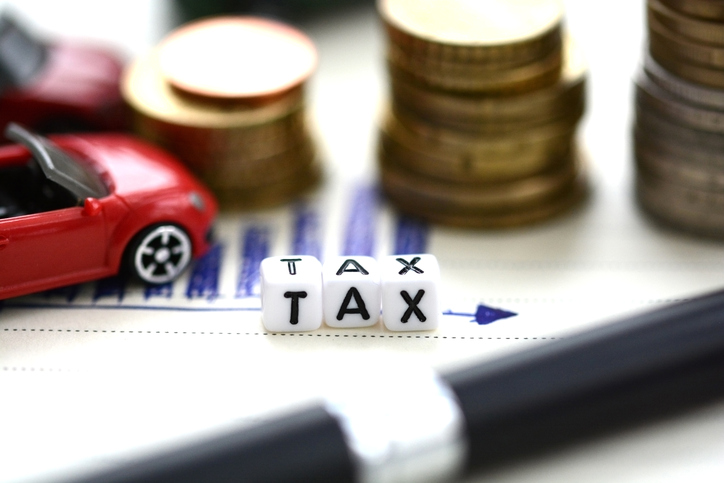The British chancellor of the exchequer Phillip Hammond has been less-generous to millions of higher earners than first thought, with a 10% rise in National Insurance contributions (NIC) on income above the upper earnings limit effectively halving the gains made from a rise in the starting point for higher rate income tax.
In his Autumn Budget speech, Hammond announced the starting point for higher rate income tax would increase to £50,000 from £46,350 in April 2019; reducing the income tax rate on the slice of pay between £46,350 and £50,000 from 40% to 20%.
But a detailed paper published alongside the Budget said the upper earnings limit for National Insurance contributions (NICs) will be increased in line with the rise in the increase in the floor for higher rate tax.
Small print
In the paper, the UK government said: “The National Insurance contributions upper profits and upper earnings limits are aligned to the higher rate threshold and will therefore also increase in 2019 to 2020.”
This means that instead of paying a NICs rate of 2% (the rate currently payable on income above the upper earnings limit), workers will pay the full rate of 12% on this amount of earnings – an increase of 10%.
The combined effect of these two changes means the net saving is only 10% for this band of earners.
Steve Webb, director of policy at Royal London, said: “The chancellor is well within his rights to increase the bands over which the full rate of NI contributions is payable. But as this wipes out half of the gain for higher earners of raising the starting point for higher rate income tax, he should have come clean and mentioned this in the Budget speech rather than leave it in the Budget small print.”
The upper earnings limit is currently £892 per week.
Steven Cameron, pensions director at Aegon said an individual earning £50,000 or above would effectively save £60.83 a month due to the rise in the high rate income tax bracket, but with National Insurance at 12% also going up to £50,000, someone earning at this level will lose £30.41 per month in extra NI payments.
“Scottish residents face a worse situation. The Scottish government sets its own threshold for higher rate tax, which is currently £43,000.
“We will need to wait until the Scottish Budget on 12 December to see if they will unfreeze this. But the changes to National Insurance apply across the UK. This means someone in Scotland earning £50k will pay an extra £30.41 in NI without saving anything in income tax.”








